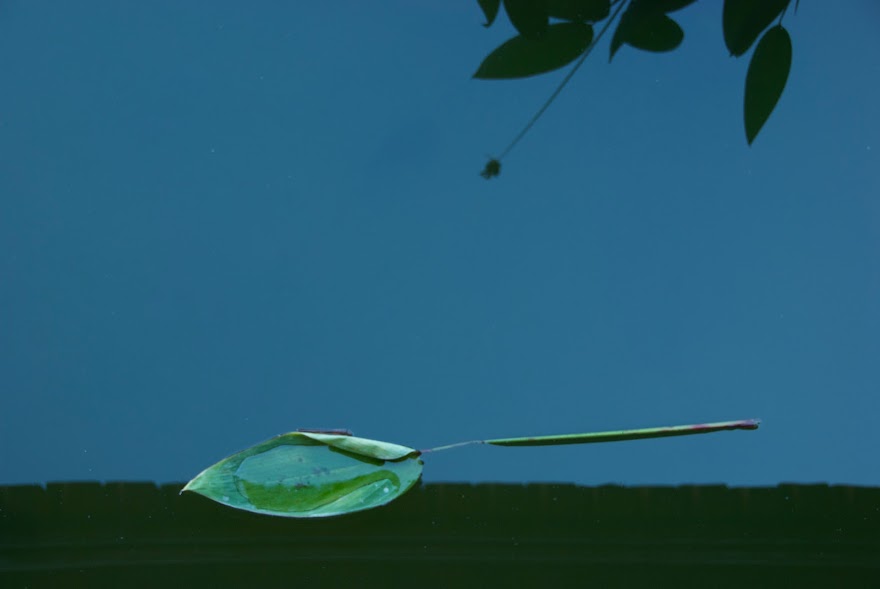This is not a sailing blog. I have never claimed it is. Regular readers know that. They also know it is not any kind of blog, which is an ugly word. When spoken ‘blog’ is the sound of someone in severe gastric distress. This is an online journal. I confess to having been remiss. I doubt that many of you go to the journal page on the main site.
https://www.inthepresentsea.com/the_actual_site/journal/journal.html
I don’t either, but I should long ago have copied the header there to this location. If you look at the top of this page you will see that I now have copied most of it. I could not do it all because there is a limit of 500 characters in the header. I know not why.
The title of this journal and my main site is self-portrait in the present sea. Not ‘selfie’, which is also graceless, but self-portrait, and I have been keeping it since long before the Internet existed. I have shared it with others now for the past sixteen years. Being a self-portrait it is about me. I am among the most experienced sailors around, but if all you are interested in is sailing, you are often going to be bored here because I am interested in many other things as well.
Having said that, I will add that if you want to communicate with me you are advised not to use imperative sentences. I don’t respond well to them.
The above photo is of Markus’s boat anchored off the islet of Saarnaki, Estonia. He sent it to me yesterday and I post it both because it is a lovely scene and because it is on the opposite side of the world from the photo in the last entry of Mat’s Lugger in Tasmania.
I read two books over the weekend. LEGIONNAIRE by Simon Murray, an Englishman, is the journal of his five years in the French Foreign Legion starting on February 22, 1960, when he was nineteen. He served mostly in Algeria during the end of the war for independence.
The book is well written and compellingly interesting. It is not one I would usually have chosen and I thank David for the recommendation.
The training was brutal, far beyond any that would be tolerated in the United States military today and perhaps not even in the French. So often were the living conditions, both in camps and in the field.
Murray saw combat in skirmishes against the fellagha who were fighting for independence.
I am most impressed by the almost superhuman physical conditioning of the legionnaires. They routinely marched thirty or more miles a day in deserts and mountains with sixty pounds of gear on their backs. On one march Murray notes that they covered the first five miles in less than an hour. Maybe all soldiers do that. I don’t, even on flat sidewalks and with nothing on my back.
Murray closes the books with two poems presented without comment.
I am familiar with both.
Alan Seeger was an American who volunteered to fight with the French Army before the U.S. entered the war. He died at age 28 during the Battle of the Somme. He was the uncle of the folk singer, Pete Seeger.
On an unplanned military weekend, the other book was SAILING TRUE NORTH by retired U.S. Navy Admiral James Stavridis. The book is less about time at sea than about the lessons of leadership Stavridis takes from the lives of ten admirals through history from ancient Greece to modern times.
Stavridis rose to four star admiral rank and I smiled when he notes that he spent about nine and a half years of his forty year career at sea because that is about the same amount of time that I have spent at sea.
Three quotes from the book:
A physical voyage at sea is a demanding undertaking, requiring intensity, energy, forehandedness, and intelligence, among many other qualities; but it is vastly easier than the inner voyage we all must sail every day of our lives. That voyage of character is the most important journey each of us ever takes.
And:
The World War II fleet admiral Ernest King once remarked, “The sign of a great ship handler is never getting into a situation that requires great ship handling.”
And from Rear Admiral Grace Hooper, the first woman to hold that rank, who retired in 1986:
The contemporary malaise is the unwillingness to take chances. Everyone is playing it safe. We’ve lost our guts. It’s much more fun to stick your neck out and take chances. The whole attitude is to protect yourself against everything, don’t take chances. But we built this country on taking chances.”
In the list of quotes I have used in the beginnings of my books on the main site, you will also find from her:
A ship in port is safe, but that’s not what ships are built for.
https://www.inthepresentsea.com/the_actual_site/lists.html




No comments:
Post a Comment